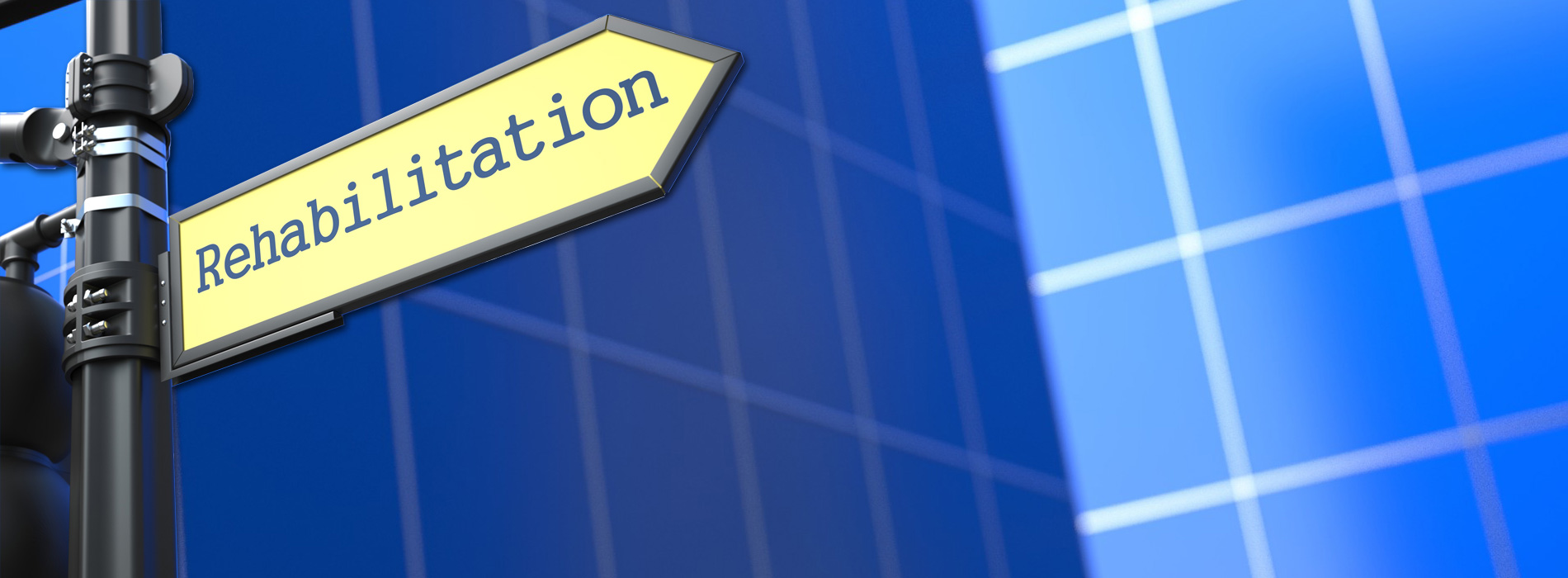
The Rehabilitation Process
There is no real quick way to beginning a sober life. It is a lifelong journey that requires a lot of commitment and willpower, but it is worth every bit of effort you put into the process. Each person’s journey to becoming drug- or alcohol-free begins with taking the first step. Each individual’s process is different and will vary depending on the severity of the addiction.
Choosing a Program
When it comes to addiction, there are many programs out there that might fit your need. After you have spoken to others, then choose a program and stay with it until the end. Besides the support groups out there, you might feel that you should visit a facility tailored and staffed to help you 24 hours a day. There are inpatient programs that will require you to do some sort of detox program that is medically supervised. Most inpatient programs in the beginning will limit you from contacting friends and family, so you can focus on the rehabilitation process. After a specified time frame, your friends and family members will be invited to visit and possibly help with you recovery by attending group counselling sessions onsite.
If you can’t attend full-time rehabilitation due to family obligations like work, caring for children, or other things, you might want to try outpatient programs or clinics. The outpatient clinic specializes in those people that have not been addicted to drugs and/or alcohol for a long time. Whether you choose one or the other, the processes are almost identical, and these units are staffed with trained medical physicians and mental health and substance abuse counselors.
The Detox Process
Almost all drug and alcohol addictions will need to be detoxed to help remove all of the substance out of your system. When your body has become detoxified from the constant use of drugs or alcohol, you may go into shock from the withdrawals. Some of the withdrawal symptoms include decreased appetite, nausea, rapid heartbeat, agitation, trembling or shaking, and the inability to sleep. There are other more severe withdrawal symptoms like stroke, heart attack, and seizures. You will be assessed by a medical professional regarding how your detox should proceed. Sometimes, there are drugs given to the patients for certain addictions, such those associated with opiates and heroin.
Recovery
Once you have gotten through the detoxification process, your rehabilitation can begin. You will meet with counselors who will help you work through the reasons of the addiction so you can understand why this nightmare began. This process may include ways to avoid the triggers by engaging in healthy hobbies, learning useful skills, and finding new interests. This will help you move forward effectively without going back to using drugs and alcohol.
Follow-up Care
After completion of an inpatient or outpatient therapy program, you are not done! The rehabilitation process is a lifelong commitment and will not always be easy. You most likely will meet with counselors to discuss your aftercare plan. Some programs offer weekly and group counseling as well as follow-up drug tests. Most meetings are only as useful as the attendee, as you only get what you put into it. You need to share, be honest, and talk with your group for continued success in your recovery

